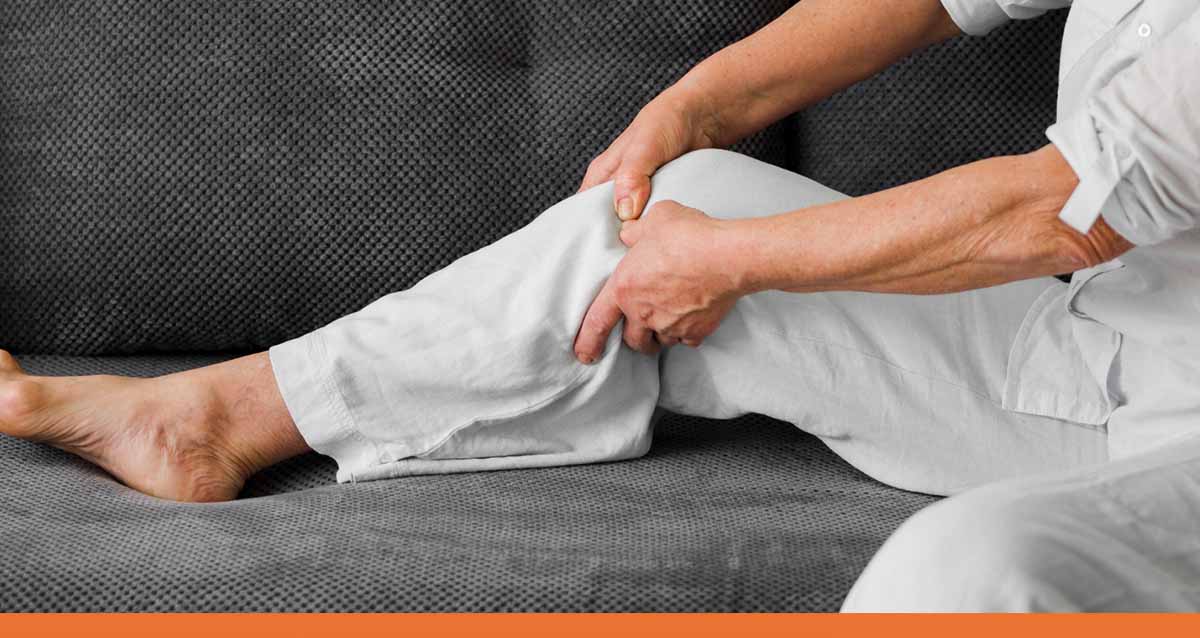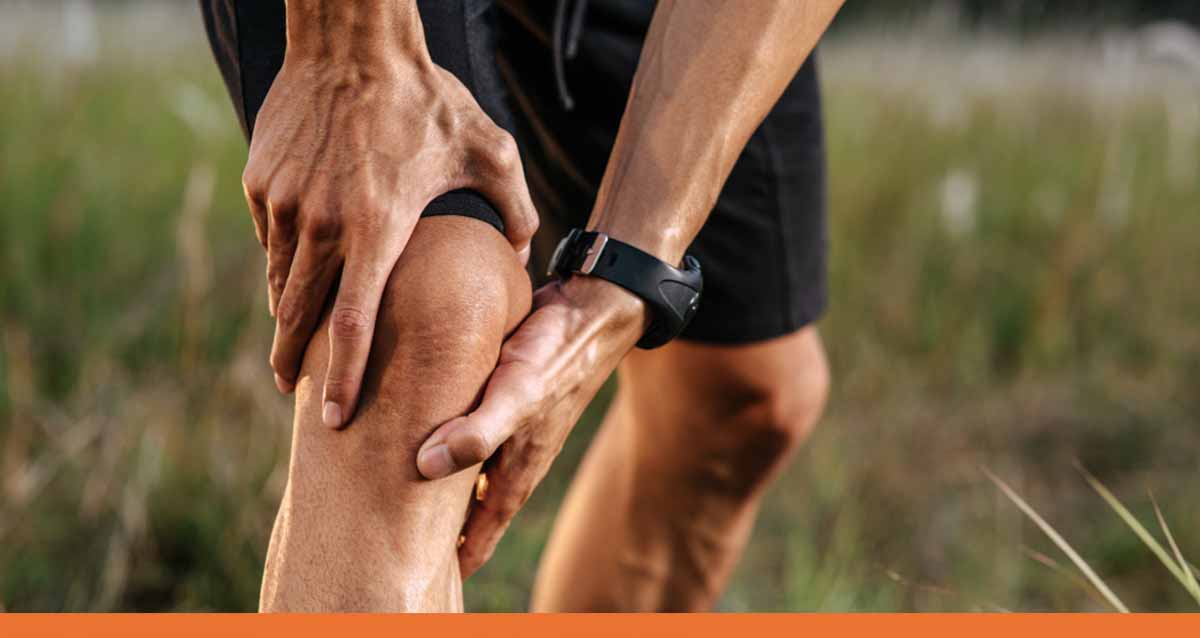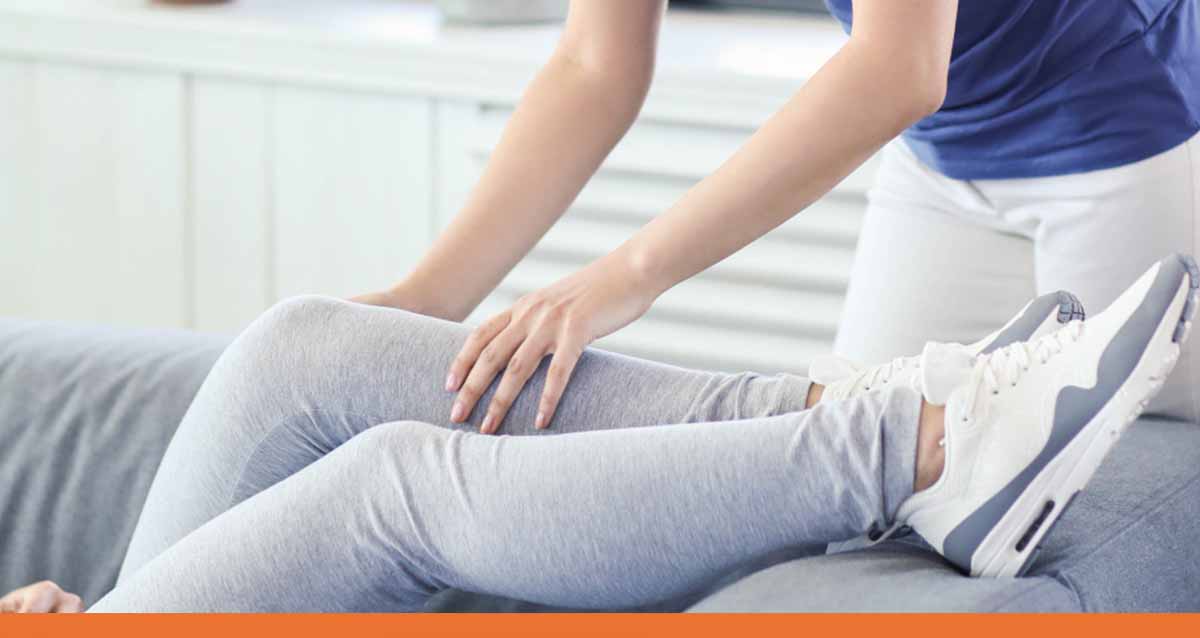
Knee pain is a common issue that affects people of all ages and lifestyles. While some cases of knee pain can be traced back to an injury, other times, knee pain can develop without a clear cause or trigger. This blog post will explore the various causes of knee pain without injury, including arthritis, overuse injuries, patellofemoral pain syndrome, bursitis, and gout. As you read on, remember that if you are experiencing knee pain, it’s always a good idea to consult a medical professional, such as the DOCS Urgent Care & Primary Care Fairfield, for proper diagnosis and treatment.
Arthritis is a common condition that can cause knee pain. It is characterized by joint inflammation, leading to pain, swelling, stiffness, and decreased range of motion. Arthritis can occur at any age but is more common in older adults.
Several different types of arthritis can affect the knee joint including:
The most common type of arthritis that affects the knee is osteoarthritis, which occurs when the cartilage that cushions the joints wears down over time. This can cause the bones to rub against each other, leading to pain and inflammation.
Another type of arthritis affecting the knee joint is rheumatoid arthritis, an autoimmune disorder that causes the immune system to attack the joints. This can lead to pain, swelling, and inflammation in the knee joint.
Arthritis can also lead to other complications, such as bone spurs, small bony growths that develop along the edges of the joints, and cysts, fluid-filled sacs that can form in the joint. Treatment for arthritis typically focuses on managing symptoms and preventing further damage to the joint.
This may include:
In severe cases, surgery may be necessary to repair or replace the damaged joint. A reputable Fairfield urgent care clinic can help diagnose and manage arthritis-related knee pain and provide recommendations for managing your symptoms and preventing further damage to the joint.

Overuse and repetitive strain injuries occur when a particular activity is performed repeatedly, causing damage to the affected joint. This can lead to knee pain without any apparent injury or trauma.
Activities commonly cause overuse and repetitive strain knee injuries include:
Symptoms of overuse and repetitive strain knee injuries may include pain, swelling, and tenderness. Treatment options for these injuries may include rest, physical therapy, and anti-inflammatory medication. If you are experiencing overuse or repetitive strain knee pain, proceed to urgent care in Fairfield, CT, right away. They can provide expert diagnosis and treatment for these cases.
Patellofemoral pain syndrome (PFPS) is a common cause of knee pain without injury, particularly in young adults who engage in activities that involve a lot of knee bending and flexing. PFPS occurs when the patella (kneecap) does not track properly over the femur bone, causing pain and inflammation. Symptoms of PFPS may include pain in the front of the knee, mainly when walking up or down stairs or squatting. Treatment options for PFPS-related knee pain may include physical therapy, rest, and anti-inflammatory medication.
OSD is a common cause of knee pain in young athletes, particularly those who participate in sports that involve a lot of jumping and running. OSD occurs when the patellar tendon pulls on the tibial tubercle, causing inflammation and pain. Symptoms of OSD may include pain, swelling, and tenderness at the top of the tibia bone. Treatment options for OSD-related knee pain may include rest, physical therapy, and anti-inflammatory medication. If you suspect OSD may be causing your knee pain, visit nearby urgent care in Fairfield, CT, for diagnosis and treatment.
Bursitis is a condition that occurs when the small fluid-filled sacs that cushion the knee joint become inflamed. This can cause pain and tenderness in the affected knee. Common causes of bursitis include repetitive knee movements, kneeling for extended periods, or a direct blow to the knee. Treatment options for bursitis-related knee pain may include rest, ice therapy, physical therapy, and anti-inflammatory medication. Fortunately, urgent care clinics in Fairfield, CT, can help diagnose and treat bursitis-related knee pain and provide pain management and rehabilitation recommendations.
Gout is arthritis when uric acid crystals accumulate in the joints, causing inflammation and pain. While gout often affects the big toe joint, it can cause knee pain without injury. Symptoms of gout-related knee pain may include sudden onset of pain, redness, and swelling in the knee joint. Treatment options for gout-related knee pain may include medication, dietary, and lifestyle modifications.

If you’re experiencing knee pain, there are several things you can do to help relieve your symptoms and promote healing. Here are some tips for relieving knee pain:
If you’re experiencing knee pain, seeking professional medical advice and treatment is essential. A trusted urgent care in Fairfield, CT, can help diagnose the underlying cause of your knee pain and provide recommendations for managing your symptoms and preventing further injury. So don’t let knee pain keep you from enjoying your favorite activities – get the help you need today.
Knee pain can be frustrating and debilitating, but not all knee pain requires a trip to the emergency room. However, there are some instances where seeking urgent care for knee pain is necessary. Here are some signs that you should go to the an urgent care clinic in Fairfield, CT, for knee pain:
If you’re experiencing any of these symptoms, it’s important to seek medical attention as soon as possible. An urgent care clinic near you can provide a proper diagnosis and treatment plan for your knee pain, and help prevent further injury or complications. Don’t let knee pain keep you from enjoying your daily activities – get the help you need today.
Knee pain without injury can be a frustrating and debilitating issue, but the good news is that many different causes and treatment options are available. Whether you are dealing with arthritis, overuse injuries, patellofemoral pain syndrome, bursitis, or gout, seeking professional medical advice and treatment is important.
DOCS Urgent Care & Primary Care Fairfield is here to help diagnose and treat your knee pain and provide recommendations for managing your symptoms and preventing further injury. So don’t let knee pain keep you from enjoying your favorite activities — get the help you need today.

During this surge in COVID-19 cases, our primary focus is meeting the high demand for tests, and we are seeing higher than usual wait times. This means we are unable to answer most phone calls. Please know that our teams are working very hard during this time to care for as many patients as safely as possible. Please click the button below for answers to common questions. We appreciate your understanding.